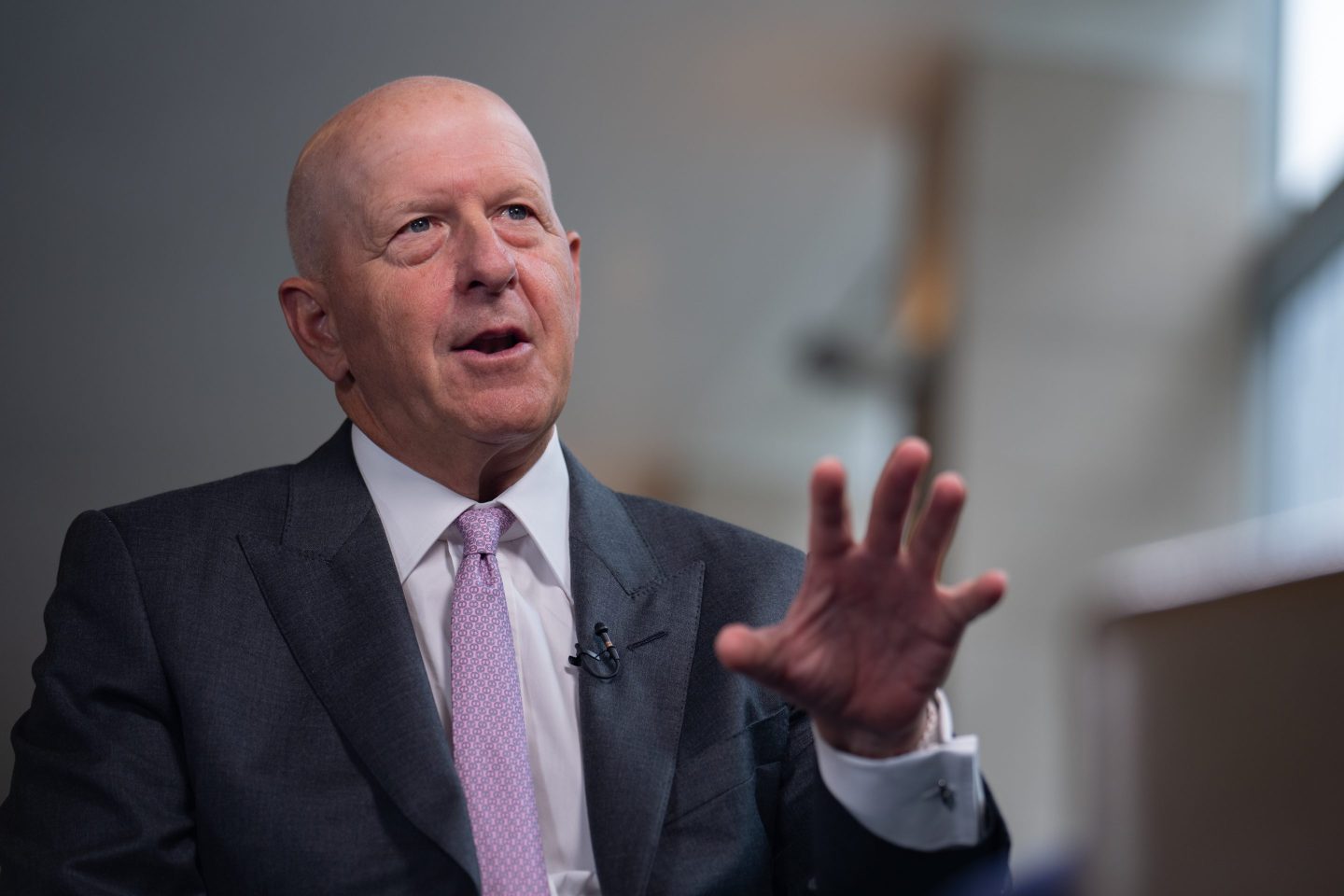As inauguration day draws closer, America’s incoming tycoon President still faces conflict-of-interest questions that could arise from his sprawling business empire. Among legal types, this has produced a rush of chatter over the Emoluments Clause in the US Constitution and how it should apply to Donald Trump.
Not familiar with the Emoluments Clause? Don’t worry — no one else gave it much thought until Trump rose to the Oval Office. But if you need to sound smart at a cocktail party, here’s a plain English overview.
What the heck is an emolument?
It’s an old word that once meant any benefit or comfort. Today, it refers to salary or swag that comes from providing a service.
What do emoluments have to with President Trump?
Article I, Section 9 of the U.S. Constitution prevents anyone holding an “Office” from accepting presents or emoluments from “any King, Prince or Foreign State.” The Founders’ idea here, of course, is to prevent foreign powers using gifts or money to corrupt the President’s loyalty to the U.S.
When it comes to the new President-elect, some say that Trump could violate the letter or spirit of the law if a king or foreign country spends money at or on one of his businesses.
How would the law apply to Trump?
No one really knows for sure. In 2009, the Justice Department wrote a memo saying President Obama could accept $1.4 million in Nobel Prize money, since it was not tied to a government. (Obama ultimately donated the cash to charity.) But the clause has not been tested in court and the Supreme Court has never addressed it.
This hasn’t stopped people from weighing in, of course. Liberals argue the clause is an anti-bribery law that squarely covers Trump’s business interests. Others are adamant the emoluments rule does not apply to Trump at all, in part because the “Office” in question may not refer to the Presidency.
The answer gets even murkier in figuring out just when the clause should apply. For instance, is a company backed by a government a “foreign state?” Does the clause apply to emoluments received by Trump’s children? The hypotheticals go on, and on.
So when will the courts clear this up?
Unfortunately, the answer may be never. As legal scholars like Jonathan Adler have noted, no one will be able to bring a lawsuit since, in legal speak, “the underlying controversy is almost certainly non-justiciable.” This means any attempt to take Trump to task over conflict-of-interest will have to be political, like an impeachment, not legal.
Stephen Scott, an emeritus professor at McGill University, makes a similar argument, saying the Emoluments Clause is not suited to address ethical issues involving Trump’s business empire.
“The issues debated here are too wide to be appropriately dealt with by the emoluments clause. They really have to be dealt with by rules or practices designed to address and avoid conflicts of interest. That’s the real subject. The tail cannot wag the dog. The emoluments clause cannot plausibly or workably be made to do the work of excluding conflicts of interest,” said Scott in an email to Coins2Day.
I just love this emolument stuff. Where can I learn more?
Randall Eliason, a law professor and blogger, has written a detailed and very helpful account titled The Emoluments Clause, Bribery and President Trump. Meanwhile, Adam Liptak’s account in the New York Times includes a close look at how the Justice Department addressed emoluments in the case of the Nobel prize. Finally it turns out there are actually three clauses in the Constitution that cover emoluments; the constitutional lawyer Brianne Gorod has you covered on that.











